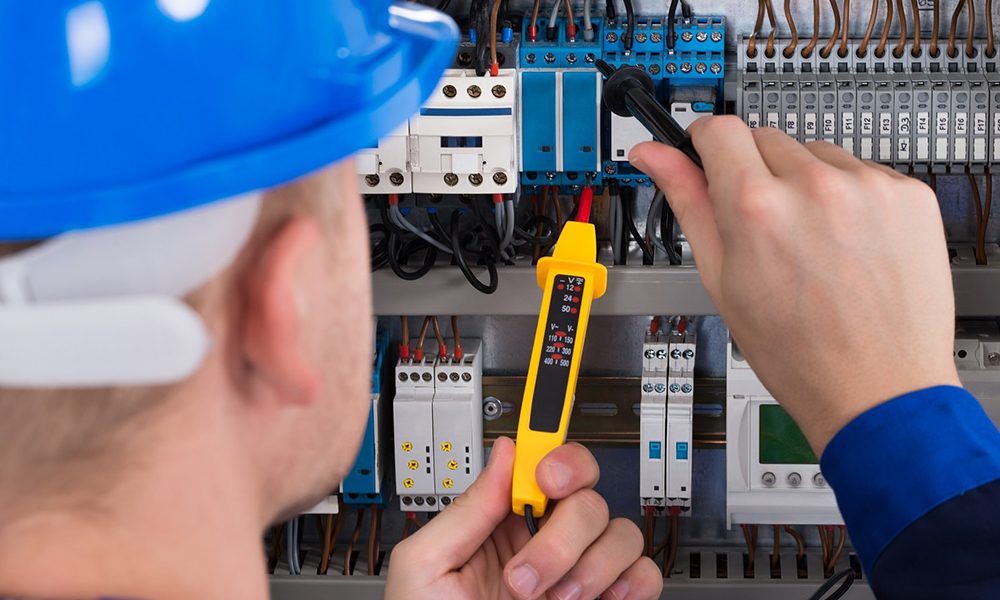

EPC stands for Energy Performance Certificate and is a certification that measures the energy usage of a building. It’s required for any building in England over 50 meters square and carries a maximum rating of A+++. Find out how to get an epc certificate, what it can do for you, and why it’s necessary to have one.
What is an EPC certificate?
An EPC certificate, otherwise known as an Energy Performance Certificate, is a document that provides information on the energy efficiency of a property. The certificate is required by law for all properties that are sold or rented in England, Wales, and Northern Ireland.
The certificate must be commissioned by a qualified assessor and is valid for 10 years. It contains information on the property’s current energy efficiency rating and recommendations on how to improve the rating. The certificate also includes an estimate of the potential energy savings that could be made if the recommendations are implemented.
EPC certificates are important because they help to improve the energy efficiency of properties and reduce carbon emissions. They also provide valuable information to tenants and buyers so that they can make informed decisions about the running costs of a property.
What is a document for?
A document is a legal agreement between two or more parties. It sets out the terms and conditions of the relationship and outlines the rights and obligations of each party. A document is used to establish a contract, convey information, or protect intellectual property.
How do I get an EPC certificate?
An EPC certificate is a document that provides information about the energy performance of a property. The certificate is required by law when a property is built, sold, or rented, and must be displayed in a prominent place so that potential buyers or renters can see it. The certificate contains information on the property’s energy use, emissions, and cost-effectiveness of different energy-saving measures. It also provides recommendations on how to improve the property’s energy performance.
Who should have a certificate?
If you are planning to sell your home, or if you are a landlord with properties in the UK, then you need an Energy Performance Certificate (EPC).
An EPC is a document that contains information about a property’s energy use and typical energy costs. The certificate is valid for 10 years and must be renewed if any major changes are made to the property that could affect its energy performance.
In order to get an EPC, you will need to have an energy assessment carried out by a qualified assessor. This assessment will look at factors such as the property’s insulation, heating and lighting systems, and any renewable energy sources that are in use.
Once the assessment is complete, the assessor will give you a report that includes the property’s energy rating. This rating is on a scale of A (the most efficient) to G (the least efficient). The report will also contain recommendations on how you can improve the property’s energy performance.
Benefits of the certificate.
In summary, one of the benefits of having an EPC Certificate is that it can help to make your home more energy-efficient. This, in turn, can save you money on your energy bills – something that will no doubt be welcomed by most of us!
Additionally, an EPC Certificate can add value to your property. If you’re looking to sell or rent out your home, potential buyers and tenants will be reassured by the fact that your property has been assessed and deemed energy-efficient. As such, they may be willing to pay more for your home than they would otherwise.
Finally, having an EPC Certificate can also help you to avoid hefty fines. In the UK, for example, it’s now a legal requirement for landlords to ensure that their properties have an up-to-date EPC Certificate. If they don’t, they could face a fine.
For further information, please contact us at Gas Safety Manchester.










